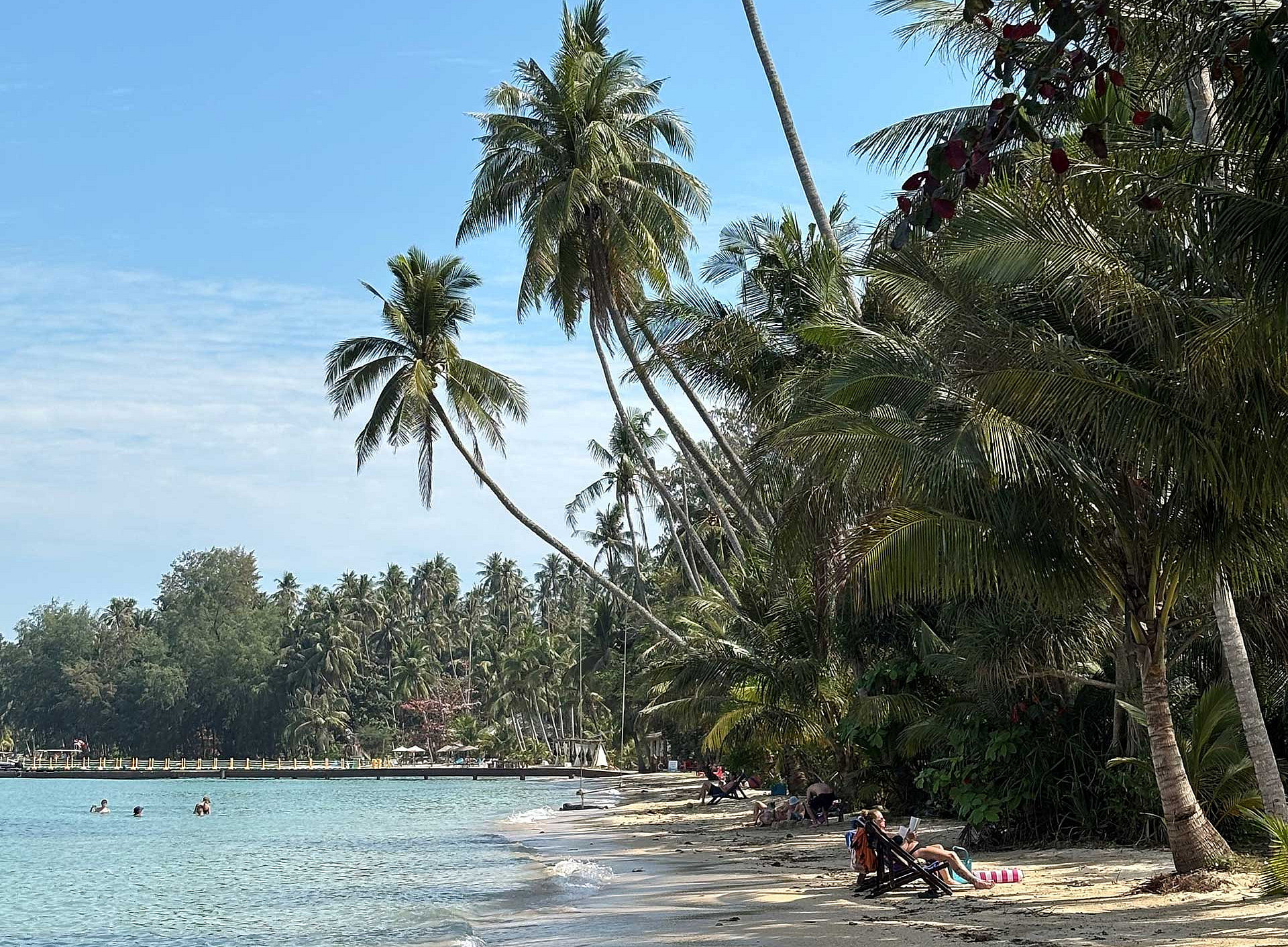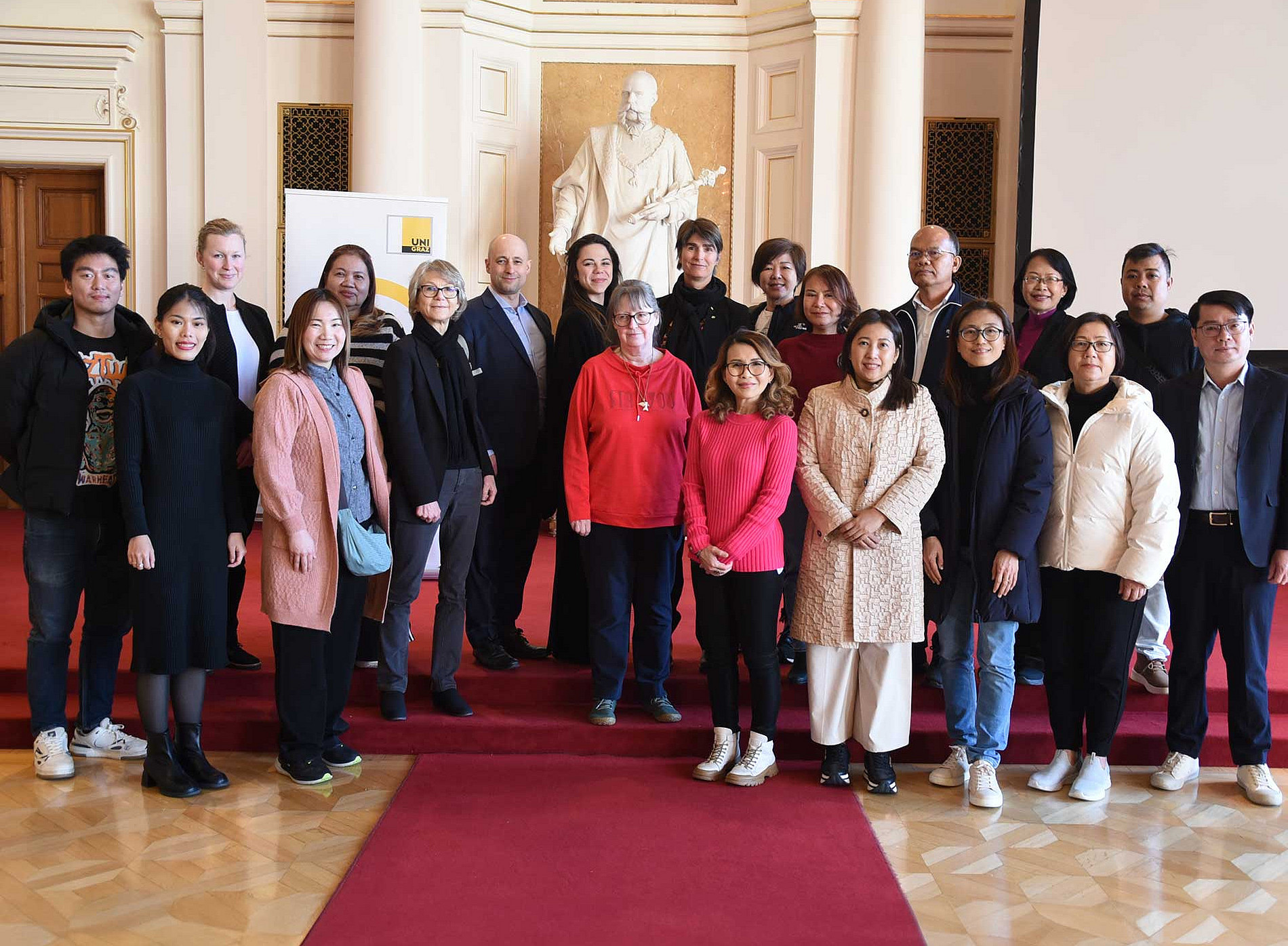‘Green-Edu-Seeds’ is the name of the EU-funded project that aims to grow green know-how in Southeast Asia. As part of the ‘ERASMUS + Capacity Building in Higher Education’ initiative, educational programmes are to be developed to promote the transformation to a sustainable economy and society. The expertise for this is being provided, among others, by the Wegener Center for Climate and Global Change at the University of Graz, which hosted the kick-off event. On 4 March 2025, project manager Dagmar Henner and vice rector Mireille van Poppel welcomed project partners from universities and technology companies in Vietnam, Thailand, Austria, Italy and Germany to the launch of the initiative. ‘We have taken important decisions for the further course of the project and for the successful design of the collaboration,’ summarised Henner.
A total of 45 modules are planned over the next three years. The first courses are to start this year as online formats or on site at the four universities in Thailand and Vietnam and in collaboration with the commercial training partners and will be open to students, start-ups and political decision-makers.
‘Regenerative economic activity and the preservation of healthy ecosystem services can go hand in hand,’ Dagmar Henner is convinced. At the same time, the scientist points to the enormous potential of the sector. ’Sustainability in agriculture, food production and tourism is an increasingly sought-after aspect. In addition, more than 16 million new jobs will be created by 2030.’

